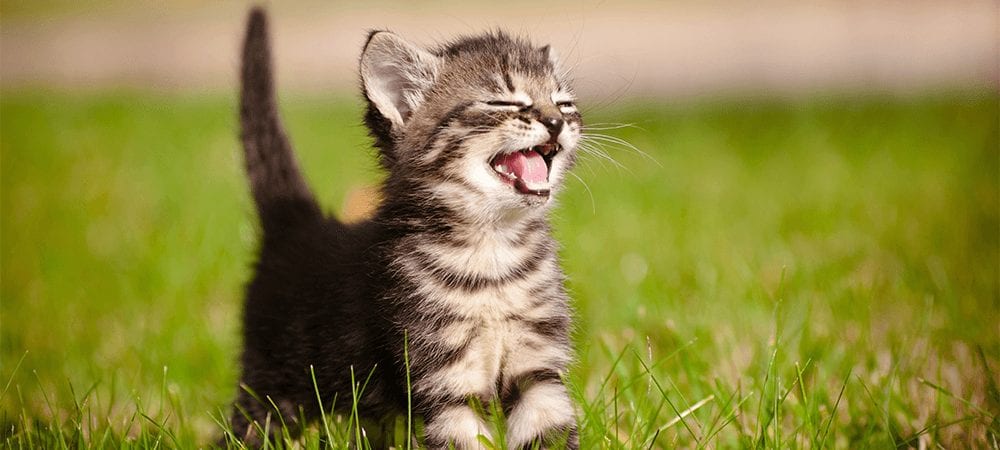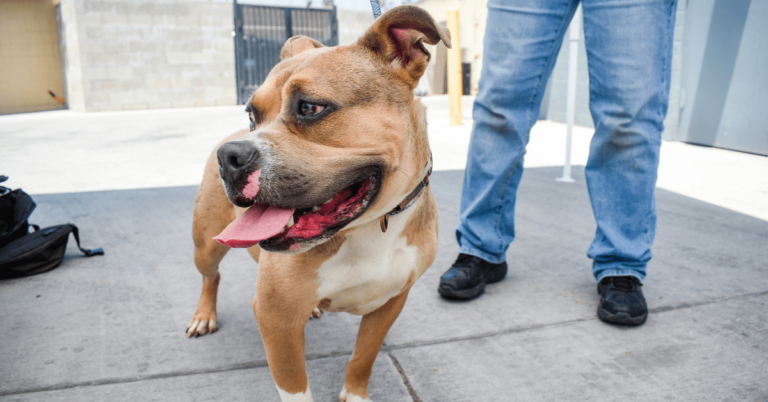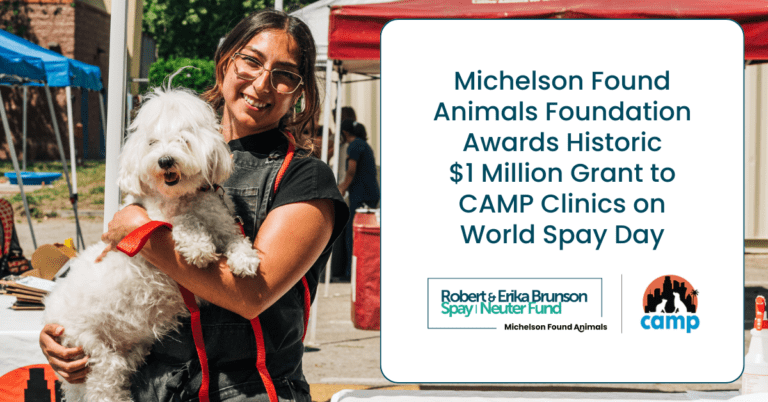What Vaccines Do Kittens Need?

When you adopt a new kitten, you run through the checklist of what you need, like cat litter, kitten food, toys, and scratching posts. The last thing on your mind is an immediate trip to the vet, but your kitten’s first vaccinations will protect them against deadly diseases that are common among cats, both young and old. So, what shots do kittens need and when?
Core Vaccinations – What Basic Vaccines Kittens Need
Core vaccines are a kitten’s first vaccinations that protect against the most common and fatal diseases for cats and are recommended by all veterinarians.
Feline rhinotracheitis, feline calicivirus, and feline panleukopenia (FVRCP) are what shots kittens need to get a healthy jump on life. They’re often combined into one vaccine that can be administered as early as 6 weeks of age, with booster shots administered every 3-4 weeks until they reach 16 weeks of age. To avoid over vaccinating, most vets recommend starting this vaccine at 8 weeks of age, with boosters at 12 and 16 weeks.
Feline Rhinotracheitis
- Feline Rhinotracheitis is triggered by the common feline herpes virus. It can cause sneezing, runny nose, drooling, crusty eyes, lethargy, and weight loss. If left untreated, it can lead to dehydration, starvation, and eventually death.
Feline Calicivirus
- Calicivirus affects the respiratory system and may cause ulcers in the mouth. When it progresses, it can result in pneumonia. Young kittens and senior cats are most at risk.
Feline Panleukopenia (Also Known as Distemper)
- Panleukopenia, or distemper, is spread from cat to cat and is so common that almost all cats will be exposed to it at some point in their life. Once a cat contracts this disease, they can die within 12 hours. Symptoms include vomiting, bloody diarrhea, and fever.
What Vaccines Do Kittens Need As Required by State Law? Rabies!
Rabies is the other core vaccine your state will require your kitten to receive. Rabies is a fatal disease that causes fever, headache, excess salivation, muscle spasms, paralysis, and mental confusion. It is spread from many types of wild animals to domestic pets and can be spread to humans. Depending on your state laws and the veterinarian, your kitten can receive this vaccination at about 12 weeks old.
Non-Core Vaccinations
Depending on your kitten’s lifestyle, what shots your kitten needs will be weighed on their risk for infection. These non-core vaccines include feline leukemia (FeLV), feline immunodeficiency virus (FIV), and Chlamydophila felis.
Feline Leukemia (FeLV)
Some vets always recommend this vaccine for what shots your kitten needs, while others only administer it for high risk situations. FeLV is a viral disease that can easily be passed from an infected cat to another. This vaccine can be administered at 8-12 weeks old and requires a booster 3-4 weeks later.
Feline Immunodeficiency Virus (FIV)
FIV is passed from cat to cat through bite wounds, so a vet may only recommend this if your cat regularly goes outside and encounters strays. The vaccine is not 100% effective. It can be administered at 8 weeks old and requires boosters.
Chlamydophila Felis
This vaccination is usually only given in multi-cat environments where the disease is known to exist. The disease causes conjunctivitis and respiratory problems. Kittens can receive the vaccine at 9 weeks old.
Core and non-core vaccinations for kittens are boostered again at one year of age, and may be repeated every 1-3 years depending on the type of vaccine that was used.
The Cost of What Shots Your Kitten Needs
Depending on where you live, the individual veterinarian’s prices, and the type of vaccine, the cost of your new kitten’s first vaccination may cost around $20-$45 per shot. Veterinarians will also want to perform a physical examination of your kitten before administering what shots your kitten needs. This can cost anywhere from $50-$100 in addition to the vaccines. There are also many clinics available that will give you a package discount and low cost vaccinations to help kittens stay healthy in their forever homes.


